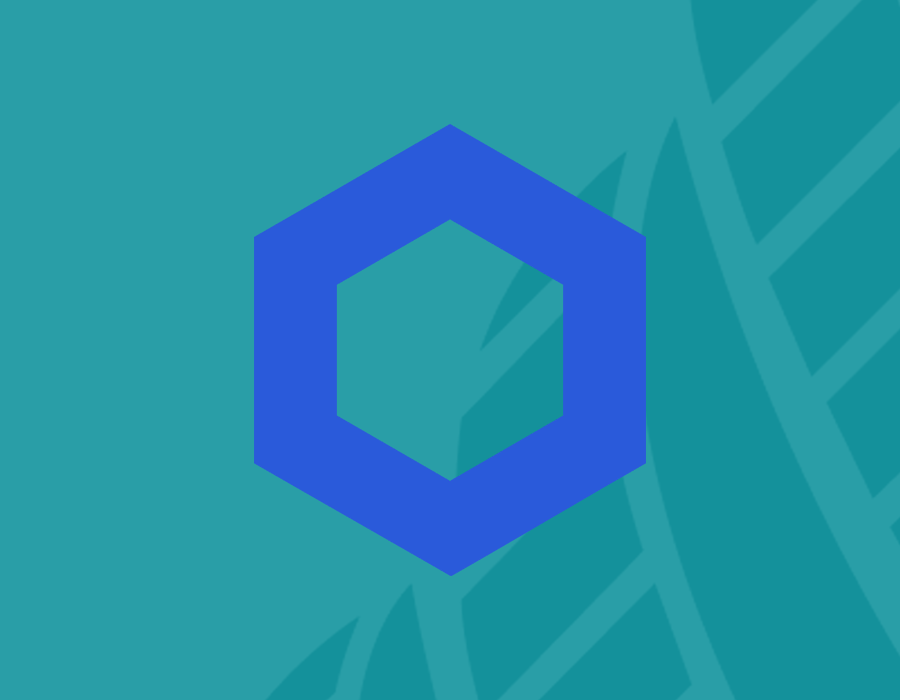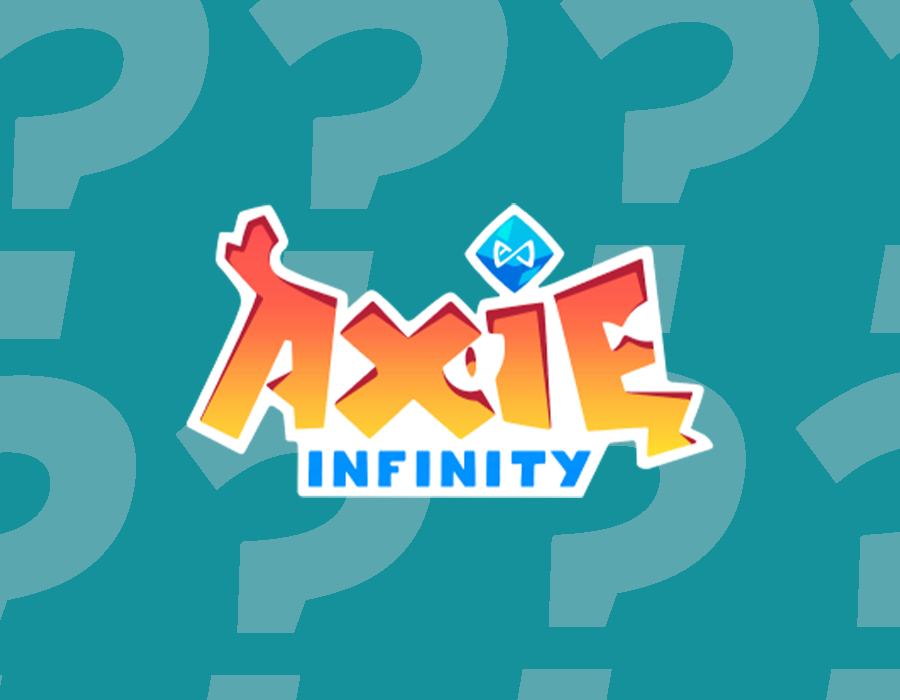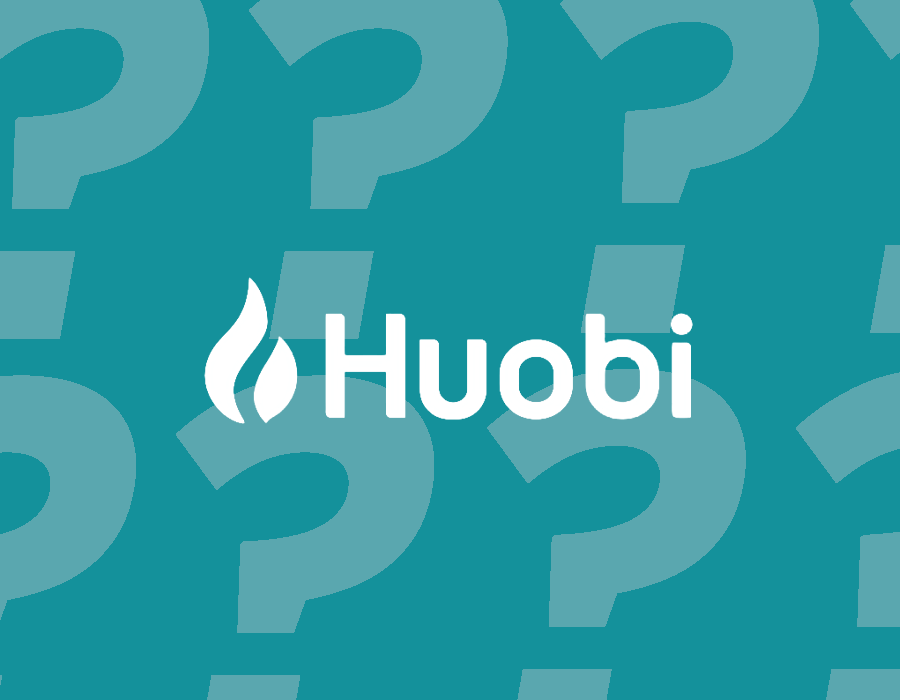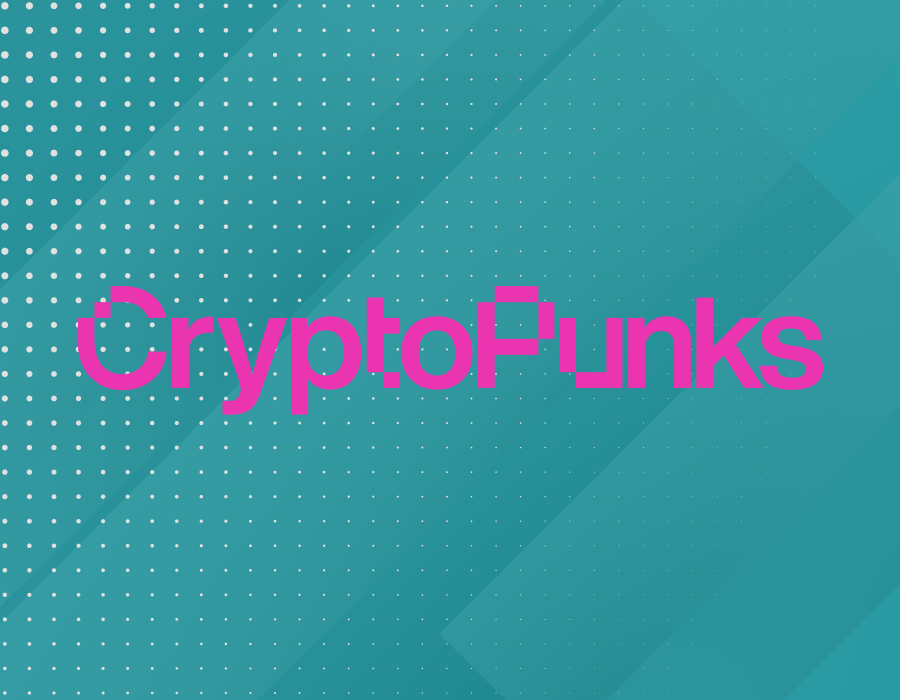Chainlink ($LINK) is the leading crypto racle that was designed to solve blockchain’s inability to import real world data without compromising the decentralisation of the network. With an overwhelming market dominance of 46% in the oracle industry, Chainlink has utilised its unique technology to become a leader in the space. The oracle continues to make headlines with its steady stream of partnership announcements, even seven years after its launch. Meanwhile, its native $LINK token has strong use cases, making it the 13th largest cryptocurrency by market capitalisation.
What are blockchain oracles?
At the core of blockchain’s appeal is its decentralised nature, separating it from the traditional organisations that have been criticised for their centralisation. However, this comes with its own limitations, including being cut off from real-world data. This isolation poses a challenge for smart contracts, which require external information to function effectively. Oracles, like Chainlink, are the solution to this dilemma. They serve as bridges, fetching external data and feeding it into the blockchain, enabling more complex and responsive decentralised applications (dApps).
What is Chainlink?
Chainlink stands out in the oracle market by addressing the critical issues of accessing external data and avoiding centralisation in smart contracts. Traditional blockchain oracle mechanisms relying on a single entity. But this poses various risks. If there is a data point failure, then the entire smart contract will lose access.
An oracle that is dependent on a single source is also vulnerable to corruption. This could mean incorrect data is provided, which is especially damaging for the many finance applications that depend on oracles for real-world price data. Chainlink avoids these issues by employing a Decentralised Oracle Network (DON), which aggregates data from multiple independent nodes and sources, ensuring reliability and integrity. In simpler terms, if blockchains are seen as decentralised computers and smart contracts as decentralised applications, then Chainlink can be likened to a decentralised internet. It enables smart contracts to interact with the external world while upholding the core principles of security, transparency, and trust inherent in blockchain technology.
Decentralised finance
Chainlink’s utility is particularly significant in the decentralised finance (DeFi) sector. Many DeFi applications depend on accurate financial data. For instance, decentralised money markets use Chainlink’s oracles for determining borrowing capacities and assessing the risk of undercollateralisation. Aave, a major player in the DeFi space, relies on Chainlink for accurate market data to manage its algorithmic interest rates for lending and borrowing.
Other utility
Chainlink’s use cases are not just restricted to DeFi. It is instrumental in the realm of gaming and NFTs (non-fungible tokens). In blockchain-based games, Chainlink can provide verifiable randomness (VRF), ensuring fair and unpredictable outcomes in gaming scenarios, which is essential for trust in crypto games that have integrated economic features or rewards. For NFTs, Chainlink oracles can be used to prove the provenance and authenticity of digital collectibles by linking them to unique off-chain data. This enhances the value and trustworthiness of NFTs by providing transparent and verifiable information about their origin, history, and uniqueness.
Taking it even further, Chainlink enables dynamic NFTs, where the traits and characteristics of an NFT can change based on external data or conditions, opening up innovative possibilities in digital art and collectibles. Chainlink’s utility also extends to the insurance sector, Chainlink can provide reliable data for parametric insurance contracts, where payouts are triggered by pre-defined conditions, such as weather data for crop insurance.
Market dominance
Chainlink makes up a majority 46% stake in the oracle industry when looking at the protocol’s $16.8 billion total value secured (TVS), according to DefiLlama. The oracle has secured a total of 352 protocols. Chronicle is the closest competitor but is still far behind with $7bn secured across only three protocols.
Aave ($AAVE) is Chainlink’s most utilised protocol, with the lender using the oracle to secure over $6bn worth of assets. Lending platforms make up the top 5 protocols when looking at Chainlink’s total value secured, showing the importance of DeFi for the oracle. Other notable lending platforms include Spark and Compound.
LINK
The $LINK token is central to the Chainlink network. It’s not just a medium of exchange or a speculative asset; it serves practical purposes within the Chainlink ecosystem. Node operators, responsible for fetching and verifying external data, are compensated in $LINK tokens. This mechanism incentivises them to maintain high standards of accuracy and timeliness. Additionally, the token is used to ensure the continuous availability and security of data sources.
At the time of writing, $LINK is the 13th largest cryptocurrency with its market capitalisation of $7.9 billion. It is trading hands at $14.08, down 12% in the past seven days as the crypto market faces sell pressure after the recent Bitcoin ($BTC) ETF news.
Latest news
Chainlink has been active with developments and partnerships, particularly in January, as it continues to solidify its position in the industry. Notable collaborations include Chainlink Lab’s partnerships with SingularityDAO and Swift, enhancing its presence in the real-world asset (RWA) sector.
Furthermore, Chainlink has recently integrated its Cross-Chain Interoperability Protocol (CCIP) with Circle. This simplifies the transfer of USDC across different blockchains. The integration allows developers to build cross-chain applications involving USDC transfers, which is inline with Chainlink’s mission to expand in the DeFi space.








